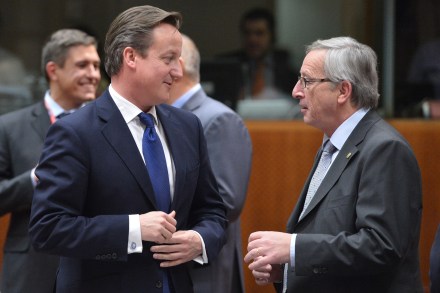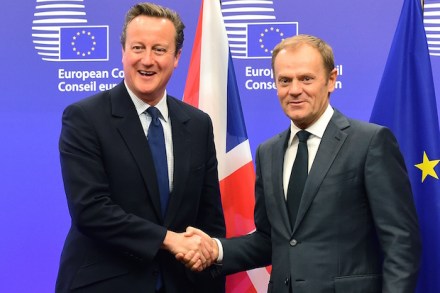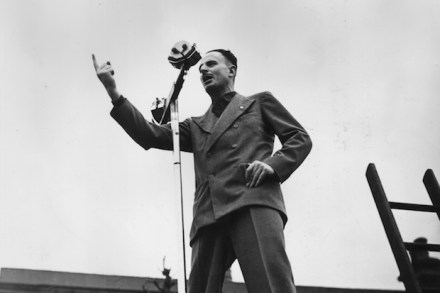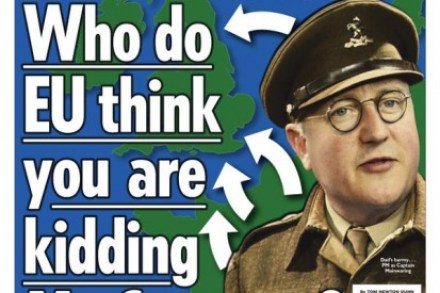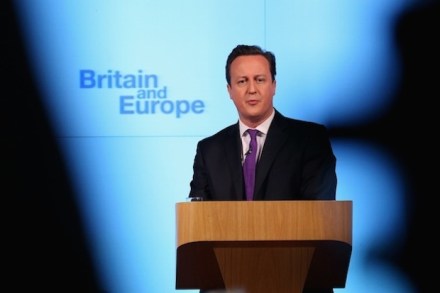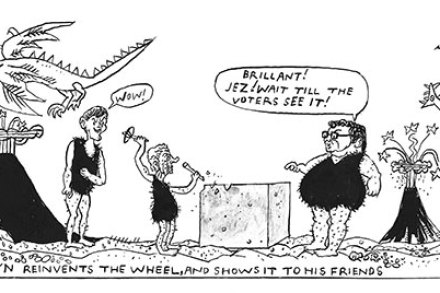That Cameron is out while Juncker has stayed shows us just what’s wrong with the EU
According to Jean-Claude Juncker, the President of the European Commission, the Brexit vote was David Cameron’s fault: ‘If someone complains about Europe from Monday to Saturday then nobody is going to believe him on Sunday when he says he is a convinced European’, Juncker told the German newspaper Bild. Thursday’s vote brought with it the inevitable pressure on the leaders of the campaign for Britain to remain in the EU to resign: Cameron will be gone by October, as might Corbyn if the no confidence motion brought by two of his MPs succeeds. But there was also a sense of inevitability about three notable non-resignations: Juncker is remaining firmly in
